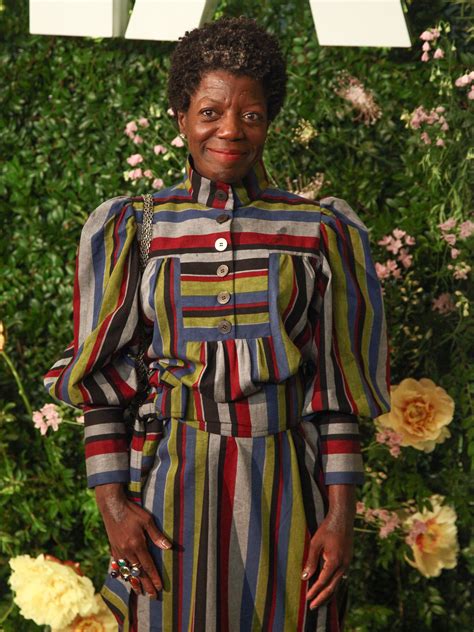A Quote by Edgar Allan Poe
In the marginalia ... we talk only to ourselves; we therefore talk freshly - boldly - originally - with abandonment - without conceit.
Quote Topics
Related Quotes
We talk to ourselves incessantly about our world. In fact we maintain our world with our internal talk. And whenever we finish talking to ourselves about ourselves and our world, the world is always as it should be. We renew it, we rekindle it with life, we uphold it with our internal talk. Not only that, but we also choose our paths as we talk to ourselves. Thus we repeat the same choices over and over until the day we die, because we keep on repeating the same internal talk over and over until the day we die. A warrior is aware of this and strives to stop his internal talk.
It is impossible to talk about slowing climate change without talking about reducing CO2 emissions. Equally, it is impossible to talk about adapting to climate change without considering how we will feed ourselves. And it is out of the question that we can adapt agriculture without conserving crop diversity.
As a guiding principle I believe that every poem must be its own sole freshly created universe, and therefore have no belief n 'tradition' or a common myth-kitty or casual allusions in poems to other poems or poets, which last I find unpleasantly like the talk of literary understrappers letting you see they know the right people.
They all trying to say something with music that you can't say with plain talk. There ain't really no words for love or pain. And the way I see it, only fools go around trying to talk their love or talk their pain. So the smart people make music and you can kinda hear about it without them saying anything.
Some directors hand over portions of their movie to their head of department to the point where it's like, "I'm not going to talk to you about the costumes, but I'm going to let you talk to the expert." Rather than, "You want to talk stitching, let's talk stitching. You want to talk grade of leather? Let's."







































